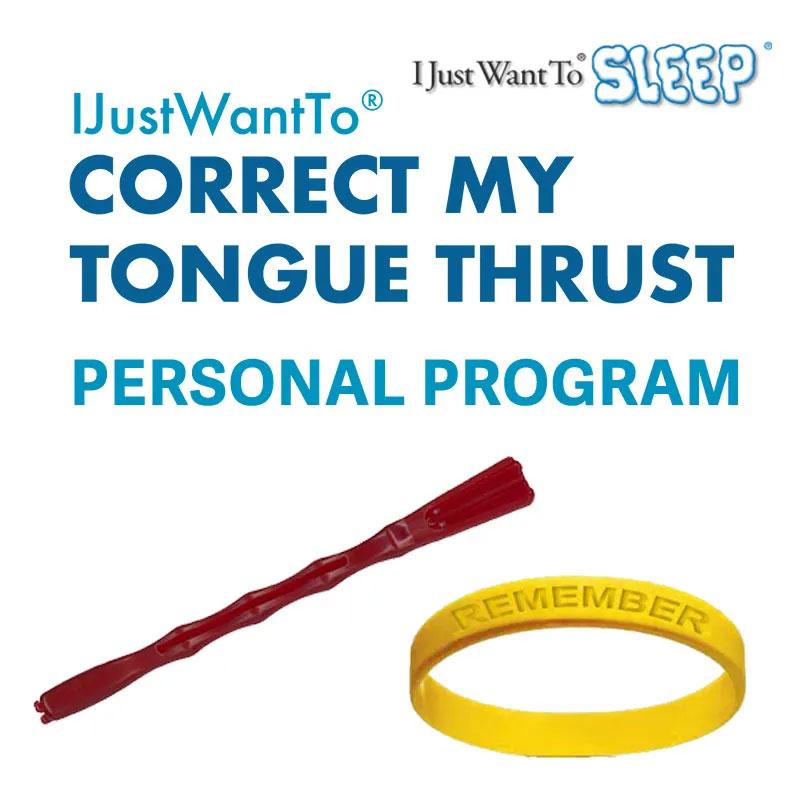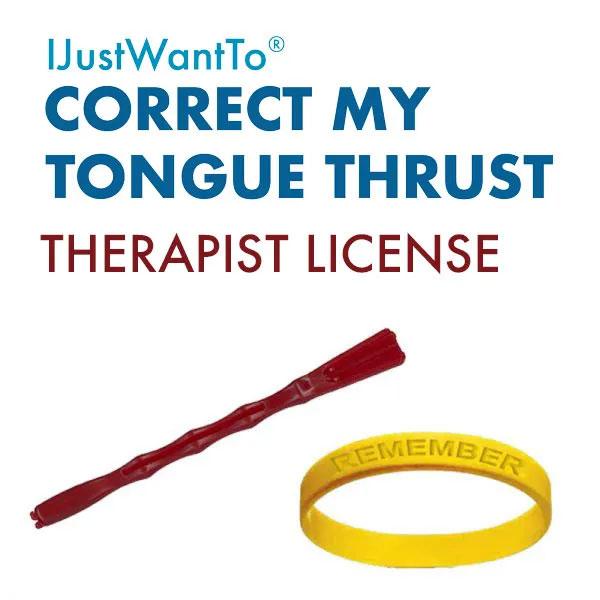The Breathing Connection
When your tongue rests in the wrong position, it can:
- Block your airway while sleeping
- Force mouth breathing instead of nasal breathing
- Create unstable breathing patterns throughout the night
- Disrupt your natural sleep cycles
The Physical Impact
Improper tongue positioning during sleep can lead to:
- Morning headaches
- Dry mouth upon waking
- Sore throat in the morning
- Daytime fatigue
- Poor quality sleep
- Restless sleep patterns
Signs Your Tongue Position Needs Attention
You might need to address your tongue position if you experience:
- Regular morning headaches
- Consistently waking up with a dry mouth
- Frequent morning sore throats
- Daytime sleepiness
- Difficulty concentrating during the day
- Poor sleep quality despite adequate hours
- Regular nighttime waking
The Science Behind Better Sleep
Research shows that proper tongue positioning:
- Promotes nasal breathing
- Maintains an open airway during sleep
- Supports proper muscle function
- Enhances oxygen flow during sleep
- Improves overall sleep quality
Natural Benefits of Correct Positioning
When your tongue rests properly, you'll experience:
- Better breathing patterns
- Improved oxygen flow
- More restful sleep
- Enhanced daytime alertness
- Reduced morning discomfort
Training Your Tongue for Better Sleep
The 7-Week Journey
Our program guides you through progressive exercises that:
- Strengthen tongue muscles
- Create proper positioning habits
- Improve nighttime breathing
- Enhance overall sleep quality
What to Expect
- Week 1-2: Initial awareness and adjustment
- Week 3-4: Improved breathing patterns
- Week 5-6: Enhanced sleep quality
- Week 7: Established new habits
Success Indicators
You'll know you're making progress when you experience:
- Waking up feeling more refreshed
- Reduced morning dry mouth
- Fewer morning headaches
- Better daytime energy levels
- Improved breathing patterns
- More restful sleep
Common Questions About Tongue Position
Q: "How do I know if my tongue position is correct?"
A: Your tongue should rest gently on the roof of your mouth, about half an inch behind your front teeth, with lips closed and teeth slightly apart. Say “door” outloud and feel where your tongue touches your palate when making the “D” sound. That is the correct spot for your tongue.
Q: "How quickly will I notice improvements?"
A: Many people notice initial improvements in sleep quality within the first two weeks, with significant changes by week 7 of the program.
Q: "Can I improve my tongue position at any age?"
A: Yes! Anyone over the age of 8 can benefit from proper tongue positioning exercises and training.
Long-Term Benefits
Proper tongue positioning during sleep leads to:
- Improved Sleep Quality
- More restful sleep
- Better sleep cycles
- Reduced nighttime disturbances
- Enhanced Daily Function
- Improved concentration
- Better energy levels
- Enhanced cognitive performance
- Physical Benefits
- Reduced morning discomfort
- Better breathing patterns
- Improved overall wellness
Taking Action
Ready to transform your sleep quality through proper tongue positioning? Here's how to start:
- Assess Your Current Position
- Check your natural tongue position
- Note any symptoms
- Track your sleep quality
- Begin Basic Training
- Learn proper positioning
- Practice daily exercises
- Monitor improvements
- Maintain Progress
- Track your improvements
- Stay consistent with exercises
- Build long-term habits
Expert Tips for Success
- Consistency is Key
- Practice exercises daily
- Maintain awareness
- Track progress regularly
- Create Supportive Habits
- Set regular practice times
- Use daily reminders
- Monitor improvements
- Stay Patient
- Allow time for adjustment
- Notice small improvements
- Celebrate progress
Your Path to Better Sleep
Proper tongue position isn't just about comfort – it's about transforming your sleep quality and overall well-being. With our proven 7-week program, you can develop the habits and strength needed for optimal tongue positioning and better sleep.
Remember: Quality sleep starts with proper tongue position. Take the first step toward better rest by learning to position your tongue correctly and maintaining that position throughout the night.



